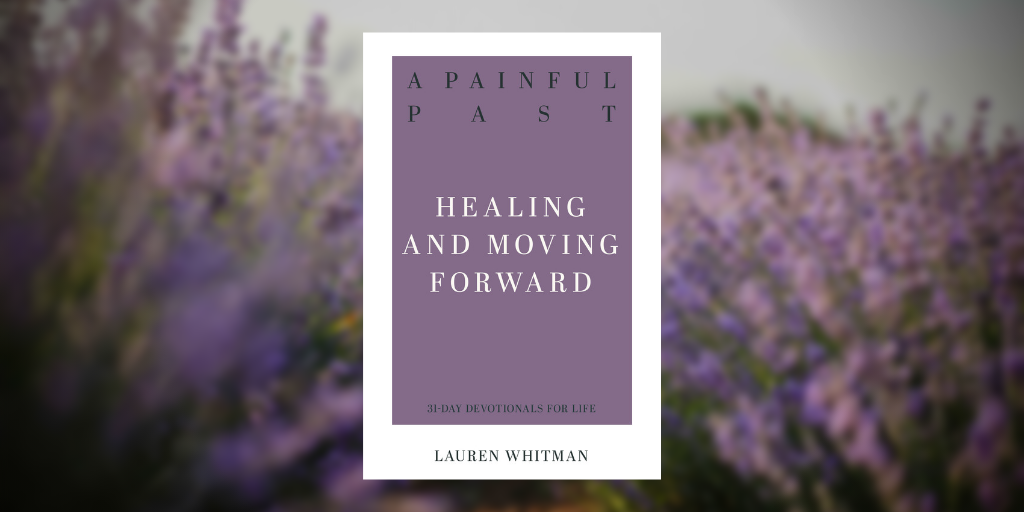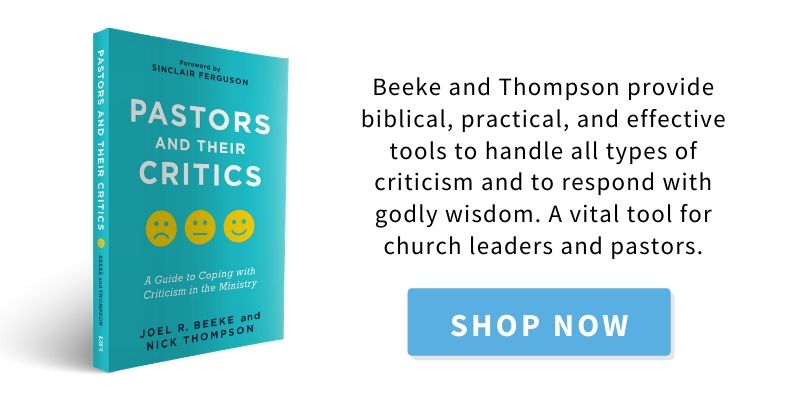What happens when two people meet over coffee or come face-to-face in conversation or in conflict? Here is a still more pressing question: what should happen? Are there oughts and ought nots that should govern how we listen and talk? The answer that we choose hinges on what we think it means to be human. In fact, how we define humanness will decide the quality of every relationship in our lives.
In simple terms that everybody can understand, our options appear to be three. Humans may be chimps—no more than accidental evolutionary cousins to tree-swinging primates. If so, we can and will relate to others as we’d relate to the orangutan on a safari or the back-alley rodent that is scouring through refuse for dinner. Humans may be chumps—no more than thickheaded, messed-up, seriously damaged moral and relational misfits. If so, we can and will relate to others as we relate to things that are broken beyond repair: by throwing them all away until we find one that works to our liking for a while. Finally, humans may be champs—created beings who are made to bear God’s image, transcend moral mediocrity, rule the earth, and inhabit eternity. If so, we can and must relate to others as we would relate to cosmic royalty—with nothing but respect.
Although only a single letter separates each of these options, they represent vastly different views of life and of what it means to be us. Everything good in human relationships depends on whether we choose the right vowel. As this book will argue, we are not chimps; though there is no denying that, due to cosmic rebellion and sin, we are spiritual and moral chumps. But, at the same time, we are much more than chumps. We are made to be champs—immortal sin-conquering and world-ruling victors.
Despite all our human failings, there is a word-defying quality about humanness that should be seen and known and felt. Each person exudes a beauty that is tinged with glory. Every human on the planet is a being that is worthy of wonder—an immortal who is poised on the cusp of eternity. As crusted with sinful grime as we might be, we are all divine icons and earthly images of the heavenly; we all have stories to tell and glories to share.
WHO THIS BOOK IS FOR
I have written this book to show how profound respect matters when we encounter one another on the countless battlefields of life. It is the fruit of thirty-seven years of pastoring that have included around fifteen thousand hours of counseling and thousands more hours of studying the Scriptures, reading about relationships, dialoguing across cultural and racial lines, and simply being with people. My experience tells me that what God says about human relationships and communication is for people of all ages and stages. More specifically, it’s for
- anyone who isn’t a hermit;
- spouses who want to bond and become one;
- parents who want to navigate the minefield of their teens’ adolescence without losing life or limb in the process;
- siblings who have turned their home into a Civil War Gettysburg;
- pastors who want to lead humbly, as well as congregations who want to follow in kind;
- pastoral teams who want to serve together with effectiveness and trust;
- bosses and workers who don’t want the workplace to be a war zone;
- the white, the black, the brown, and the officer in blue who deeply misunderstand and cynically distrust one another;
- the liberal and the conservative who care deeply about the same things but find it hard to believe that they do;
- people who are trying to share community life—whether in the hood, in a rural town, or elsewhere—without tearing one another’s eyes out.
This book will not address all the issues and conflicts that people may face. But it will address how to address them—and that, I believe, is what is needed most.
THEOLOGICAL FOUNDATIONS
Let me set expectations. Respect the Image is part theology—a study of God. It is part anthropology—a study of humans. And it is part methodology—a study of principle and practice. It is a truth and life blend: doctrinal and practical theology in the same mix. Three great foundational truths undergird the practical teaching of this book:
- God talks and listens. God reveals himself in love and holiness and hears us in all our weakness, longing, need, and love. This truth dignifies and sanctifies communication. To communicate is to be godlike; to communicate well is to be godly.
- Humans are made in the image and likeness of God. As the “offspring” of God’s being, we are immortals conversing with fellow immortals. Consequently, we should reflect the image that we bear and respect the image that we share.
- In all our communication efforts, we need gospel assurance. Our comfort is grounded in the atoning death and perfect righteousness of Christ, which are both counted as ours through faith in him alone. Without this blessed assurance, guilt, regret, and insecurity will crush our spirits, stymie our communication, and leave our relationships in the shallows—if not in the grave.
The first of these truths inspires our worship and trust. The second honors those who bear the image and elevates our discourse. The third answers our guilt and produces confidence for the way ahead.
A WHOLE NEW WAY OF LIFE
This book is about life change.
Years ago, I counseled a couple who were on the brink of divorce. Theirs was an angry, loveless marriage, taped together by the couple of kids they shared. Children often keep rickety families together and afloat for a while; but in this case, the mess that Dad and Mom brought into my office was a perfect storm that was about to blow it all to oblivion. Their problem was an utter breakdown of communication. They had no idea they had each married an image bearer—an offspring of God. And, having no respect for the image, they had no clue how to converse with the immortal human being with whom they were living.
I took a few sessions to lead them to God, to the gospel, and to the COMMUNICATE principles in this book, drawing from the Word, from life, and from my own personal messed-up experiences. I have never forgotten the wife’s pensive pause when I finished my counsel to them. Clearly she was crafting a careful response, which finally came: “Tim, what you are asking us to do is a complete life makeover. This is a totally different lifestyle than we’ve lived to this point. I mean it. It’s a whole new way to live.”
She was right. Godlike love isn’t half-in. It goes after it all—whole and hard. If we really want profound respect and joyful love to mark our relationships, then we’ll have to buy into something more than three easy steps. We’ll need a complete heart makeover—a whole new way to live.
You will discover a love- and hope-producing message in the pages that follow. I pray that it will provide the help that you need to live life in a whole new way—to listen, to learn, to lament, to laugh, to love, and to linger, all in relationship with the people with whom your life intersects. These are the graces that make our human-to-human connections truer and deeper—the very things that make us like the God in whose image we are made.








